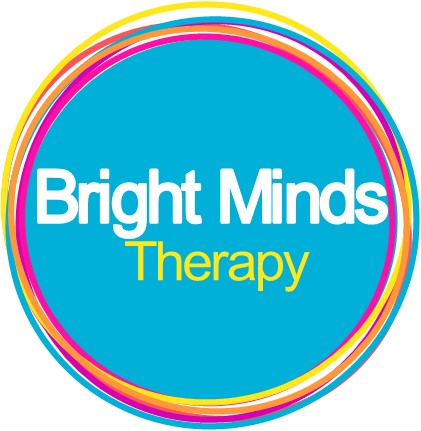Specialised OT Services - Individual Services
Food Therapy Services
30 - 60 mins
This type of therapy is designed for families of children with food sensitivities, who have restricted diet due to sensory sensitivities, oral motor delays, ARFID diagnosis. The food therapy program includes a number of services including:
Screening to identify contributing factors to diet restrictions
Parent Education
Environmental Modification for mealtime set-up
Food therapy individual sessions using SOS approach to feeding
CBT type approach to work towards food therapy goals
Group based therapy sessions using SOS approach to feeding (if similar client available)
When required an experienced speech pathologist and dietician are available to provide input to the child’s program.
MIM assessment
30 - 90 mins
The MIM assessment is a a semistructured, parent-child observational procedure (Marschak, 1960) where the parents are directed in a range of different activities with their child. The therapist and parent then analyse the assessment together to view how the parent-child relationship impacts on the child's behavioural and emotional regulating and development.
The MIM assessment is useful for children and parents of trauma, in alternative care settings (i.e. foster care), and for children experiencing behaviour and emotional regulation difficulties.
‘Theraplay’ Based Therapy Approach
30 mins
Based on the ‘theraplay’ approach, this type of therapy is completed with child and parent/caregiver to help to build positive relationships. It is a psychotherapy approach recognised by the Association of Play Therapy which is underpinned by the theories on attachment, trauma and grief.
The ‘Theraplay’ approach helps to develop a strong attachment between the child and the important adults in their life through the use of individually selected, playful, fun, challenging and nurturing activities. The activities and guidance assists a parent to understand the child’s needs, how to best connect with their child and assist their regulation. It helps a child to
has long been believed to be the basis of lifelong good mental health as well as the mainstay of resilience in the face of adversity. Modern brain research and the field of neuroscience have shown that attachment is the way in which children come to understand, trust and thrive in their world feel secure, cared for, connected and worthy which is the basis for good mental health and resilience.
This type of therapy is useful for:
Children with Trauma background
Parents with Trauma background
Children with emotional and behavioural regulation difficulties
Parents and children whose relationship and attachment have been affected/disrupted for any reason including grief, separation of parents, separation from child for extended periods for personal or professional reasons.


